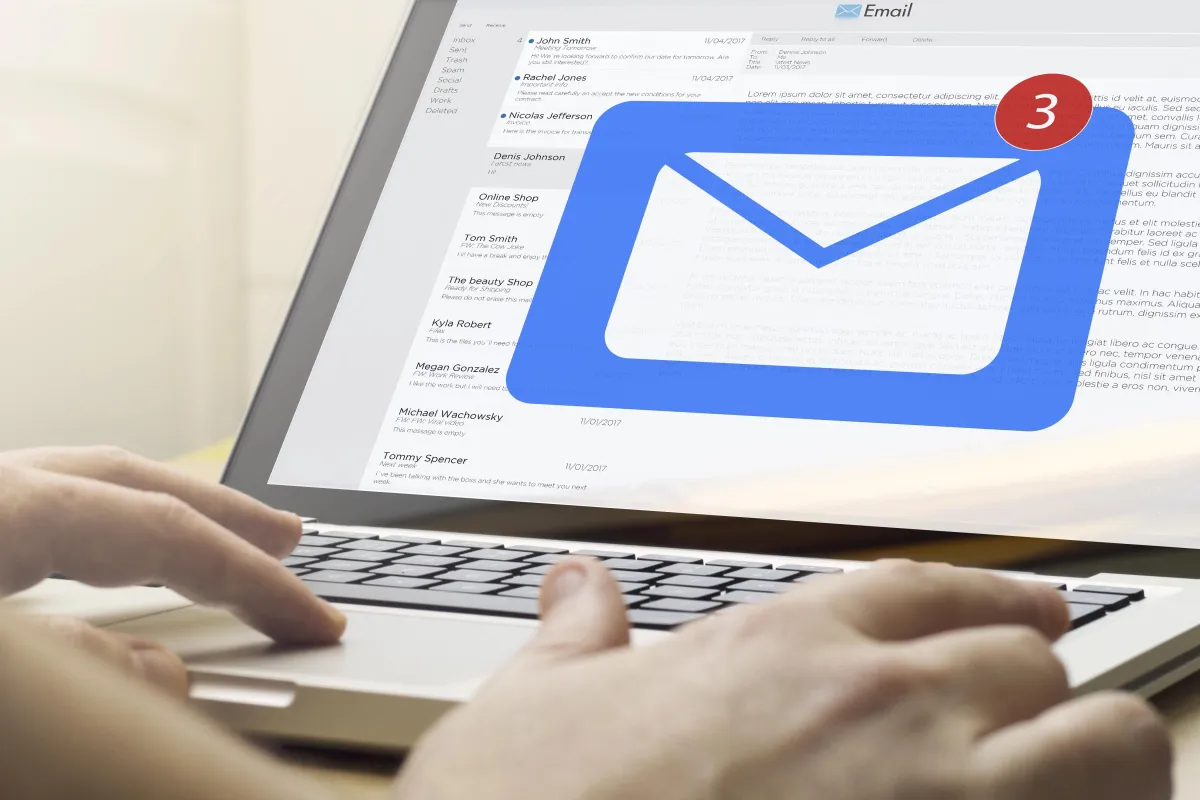
Is Your Newsletter Strategy Driving Engagement or Just Sitting in Inboxes?
If your email newsletters aren’t getting opened, clicked, or replied to—they’re not doing their job. Too many businesses send newsletters because they’re “supposed to,” without asking the critical question: Is this content actually connecting with our audience—or just collecting dust in their inbox?
A smart, strategic newsletter can build trust, drive conversions, and keep your brand top of mind. A bad one? It gets deleted—or worse, flagged as spam.
Here’s how to tell the difference—and how to fix it if your newsletter is falling flat.
1. Are People Opening Your Emails?
Open rates are your first signal. A low open rate (typically under 20% for most industries) means:
Your subject lines aren’t compelling
Your emails are landing in spam or promotions tabs
Your list isn’t properly segmented
Quick fixes:
Use clear, curiosity-driven subject lines (e.g., “3 mistakes homeowners make in spring”)
Personalize the sender name (people open emails from people, not brands)
Clean your list regularly to remove inactive contacts
Pro tip: A/B test subject lines to see what gets better open rates.
2. Is Your Content Relevant and Useful?
If your newsletter is all about you—your awards, your company news, your promotions—it’s no surprise readers are tuning out.
Instead, focus on content that helps or entertains the reader, such as:
Seasonal tips and how-to guides
Local news and events related to your industry
Quick answers to common questions
Subscriber-only offers or sneak peeks
Ask yourself: Would I forward this to a friend if I received it?
3. Do You Have a Clear, Single Call to Action?
Many newsletters try to do too much: read this, buy that, sign up here, follow us there. This overloads the reader and results in no action at all.
Fix it by focusing each newsletter on ONE clear goal, such as:
Booking a seasonal service
Clicking through to a blog post
Downloading a checklist
Watching a short video
Make the button obvious, the benefit clear, and the link easy to find.
4. Are You Sending It to the Right People—at the Right Time?
Even great content flops when it’s sent to the wrong audience. Segment your list based on:
Location
Past purchases or service history
Interest or behavior (clicked links, opened emails, etc.)
New vs. long-time subscribers
Also, timing matters. Test different send times and days to see when your audience is most engaged.
5. Are You Telling Stories or Just Listing Promotions?
People remember stories, not sales pitches. Instead of listing features, share:
A quick customer success story
A behind-the-scenes moment from your team
Seasonal challenges your clients face and how you solve them
These human touches turn your emails from noise into connection.
6. Is Your Newsletter Mobile-Friendly?
More than half of emails are opened on phones. If your newsletter is:
Hard to scroll
Text-heavy
Missing buttons or with tiny links
…it’s being deleted fast.
Use:
Short paragraphs
Bold headlines
Bullet points
Large buttons with clear calls to action
Always test your email on mobile before sending.
7. Are You Reviewing the Data?
If you’re not measuring performance, you’re guessing.
Track:
Open rate: Are people interested enough to click?
Click-through rate (CTR): Is your content prompting action?
Unsubscribes: Are you overwhelming or disappointing readers?
Conversions: Are emails leading to bookings, calls, or purchases?
Use these numbers to refine your content, format, and schedule.
8. Are You Consistent—But Not Overbearing?
Consistency builds trust—but over-emailing causes fatigue. A strong newsletter schedule might be:
Weekly for high-volume businesses or local service updates
Bi-weekly or monthly for most small businesses
Quarterly for seasonal, big-picture updates
Just make sure each email has a purpose and provides value.
Final Thoughts
Is your newsletter strategy driving engagement—or just sitting in inboxes?
If you’re not getting opens, clicks, or responses, it’s time to revisit your content, structure, and audience targeting.
With the right strategy, your newsletter can:
Keep your brand top of mind
Educate and inspire your audience
Generate real leads and sales
But if it's just a box you check each month, you’re missing out on one of the most cost-effective marketing tools available.
Make every send count. Strip out the fluff, speak directly to your audience, and offer something they can’t ignore.
- This is a monthly subscription service.
- A monthly subscription is required for each Google Business Profile location.
- Privacy Policy
- Terms of Service
- Disclaimer
- Cookie Policy
- Accessibility Statement

